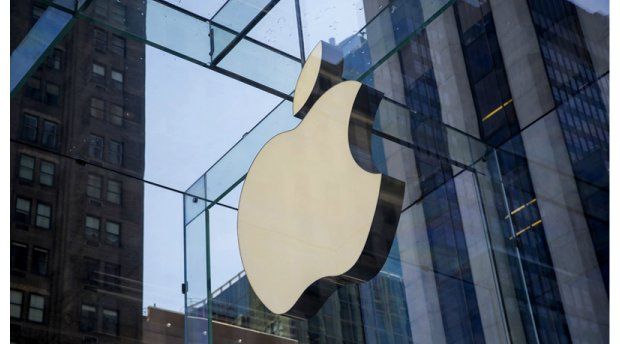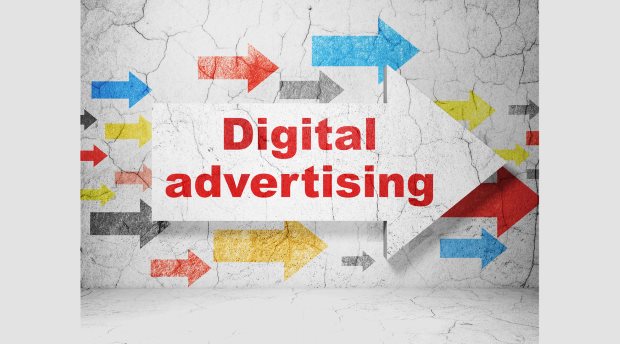Microsoft Admits Collapse Of Its Digital Advertising, Writes Off $6.2 Billion
Post Views 0
The write-off of $6.2 billion dollars will, in effect, wipe out Microsoft’s fourth-quarter profit. “It’s disappointing, but it is not a shock at this point,” said Brendan Barnicle, senior research analyst at Pacific Crest Securities. “The industry has evolved beyond where aQuantive was when Microsoft bought it.”
Even though Microsoft understated the seriousness of the matter, the company released a statement after the close of trading Monday that said, “While the online services division business has been improving, the company’s expectations for future growth and profitability are lower than previous estimates.”
Much as they would like people to believe otherwise, the feeling that the software giant may exit the online-ad business is evident and unmistakable. “We sense a tidal shift away from the online business in favor of reducing losses and shifting investments to more strategic areas,” said Nomura analyst Rick Sherlund.
However, for all their discreetness and tactfulness, the fact remains that Microsoft’s writing off almost the full cost of the digital ad unit, that is $6.2 billion, is virtually admission that its aim to become a foremost distributor of Web advertising has failed.
“I don’t think Microsoft really knew what they were buying back in 2007,” said investment analyst Andrew Thrasher. “They saw Google and Yahoo making major acquisitions and didn’t want to be left behind.”
It is worth recollecting that Microsoft had sought to become an overnight player in the highly money-spinning big business of serving up display ads for millions and millions of websites.
Its CEO Steve Ballmer had said in 2007, that the advertisement industry was growing at a rapid pace and that Microsoft was in serious contention of taking a piece of the advertisement pie. “Microsoft is intensively committed to creating a thriving advertising business and to partnering closely with all key constituents in this industry to help maximize the digital advertising opportunity for all,” Ballmer had then said.
Five years down the line, their dreams lie shattered and they have had to eat humble crow and comprehend that they bit more than they could chew.
Apparently Microsoft wanted to use its money power and muscle it way into the search and ad space.”You can’t do that,” said Internet marketing consultant Cory Jaccino. “Users decide who wins, not your wallet.”
Investors however, are unconcerned about the huge loss and say that advertising was not its specialty and only a small part of its core business. Moreover, its loyalists say that it is going to make further inroads in the tablet market, with newer appliances, with the Windows 8 being scheduled to launch later this year. Even though $6.2 billion is no peanuts, the software giant is sitting on $59.5 billion in cash and equivalents. Upon hearing the news of the write-off, its shares fell barely by 0.33 percent.
So where did Microsoft go wrong? For one thing the Ad business was not their forte and they did not know too much about it. Moreover, aQuantive’s ad-serving technology never quite interconnected with Redmond’s existing platforms. It also seems that Microsoft underestimated the competition. Before Microsoft’s buyout of aQuantive, Google was making forays into Internet advertising in a big way with its $3.1 billion acquisition of DoubleClick.
The competition did not allow Microsoft to gain momentum or a strong foothold in the online ad-business. Its online services unit posted a loss of $1.45 billion over the last nine months, on revenue of just $2.1 billion.
Experts opine that all is not lost for Microsoft. The loss will lower the tax burden for the year and free up more working capital. What Microsoft needs to do, is to change its strategy and become more innovative in its approach to both search and online advertising.
Cory Jaccino suggested that Microsoft has to understand the user’s wishes and give them what they want. Not only should the users get their desires, but also at better quality and faster than Google.
“The best thing they can do with their money is hire Google talent away from Google and give them the autonomy to create amazing products and services that their users will want to use,” said Jaccino. “They need to innovate in the search field or get out.”
Microsoft Admits Collapse Of Its Digital Advertising, Writes Off $6.2 Billion by Harrison Barnes


 Digital Advertising Hits a Road Block with Ad Blockers
Digital Advertising Hits a Road Block with Ad Blockers  More and More Companies Moving to Digital Advertising
More and More Companies Moving to Digital Advertising